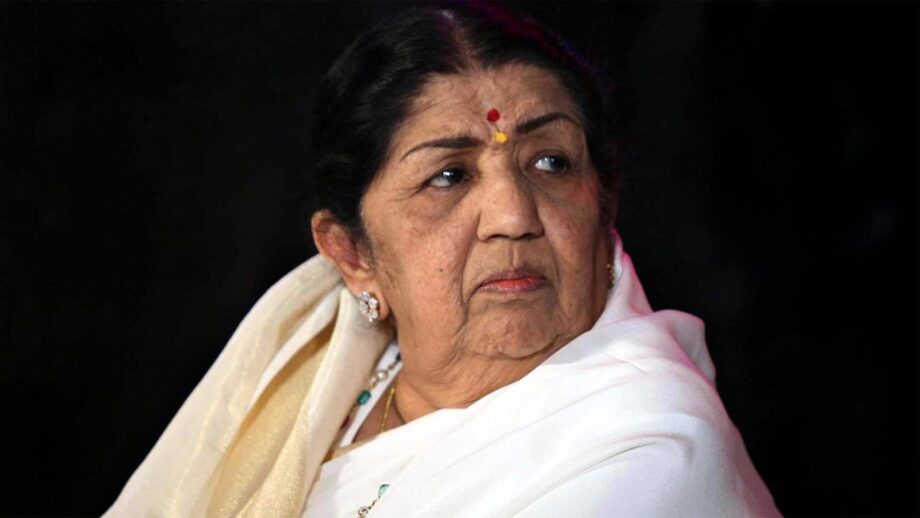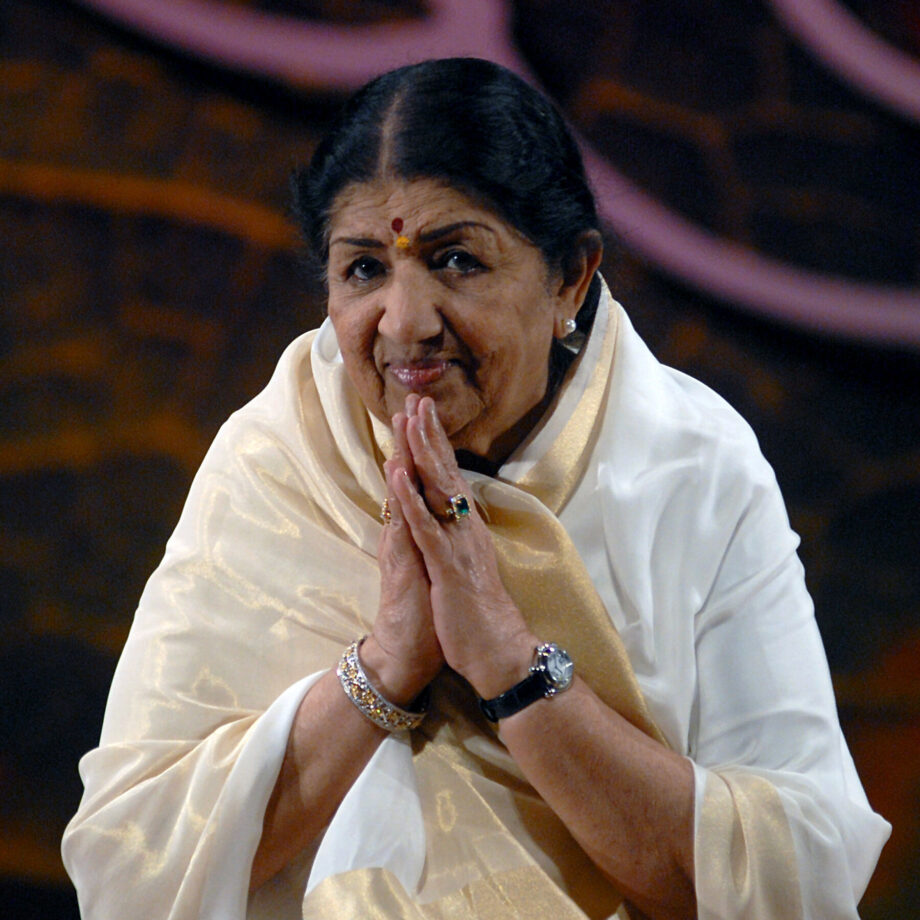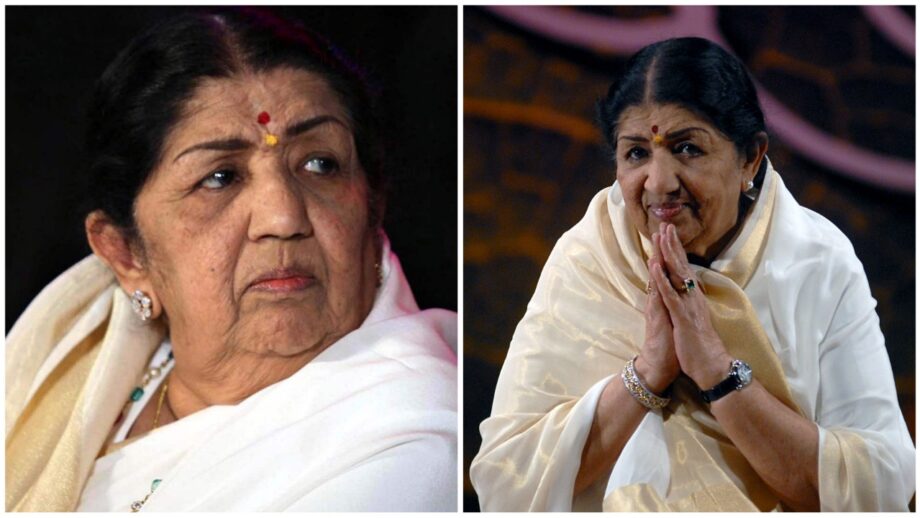Lata Mangeshkar (1929-2022) died on the celestial stage, leaving a country of over a billion people without its most popular voice. More than a name, the Bharat Ratna has evolved into an adjective, a feeling so firmly embedded in Indian consciousness that her voice has become a symbol of perfection and purity. Lata has admirers because, if the melody is the connection that links man to the almighty, Lata continually hits that holy sur.

Singing sensation and such ephemeral words were not for her. She was always the moral compass. It’s no surprise that Raj Kapoor was inspired by her voice to mount Satyam Shivam Sundaram. Alternatively, as Gulzar expressed it in the Kinara song, Meri Awaaz Hi Meri Pehchan Hai (my voice is my identity).
She advocated for playback singers to be given their due in the spotlight. Prior to Lata, the distinction between actor and singer was hazy. Rather than the playback singer’s name, the CDs contained the character’s name. She and Mohd Rafi shaped the Hindi film industry’s playback singing tradition. Lata, like Noor Jehan and Suraiya, was given acting roles, but she preferred to simply have her voice heard. In little time, she had established herself as the prima donna of playback singing. When female actresses had the chance to lip-sync to Lata’s voice, they were believed to have come on the scene, from Madhubala to Kajol and Preity Zinta.

Her training began when she eavesdropped on her father Dinanath Mangeshkar’s training sessions as a child in a strict musical Marathi home. In the absence of the famed classical singer and theatrical veteran, a young Lata was seen correcting one of his students, informing him how her father performs a certain raga. He quickly took her under his wing, and Lata, who was about 5 or 6 years old at the time, would sing with her father and sleep on his lap.
No one could equal the purity and clarity of her voice in the studio, nor the control she had over the pitch. Bade Ghulam Ali Khan noted Kambakth Kabhi Besuri Nahin Hoti after hearing Ye Zindagi Usi Ki Hai, a heartbreaking piece from Anarkali in the raga Bhimplasi (The wretched girl never goes out of tune). It was the year 1953, and Lata’s finest was yet to come.


